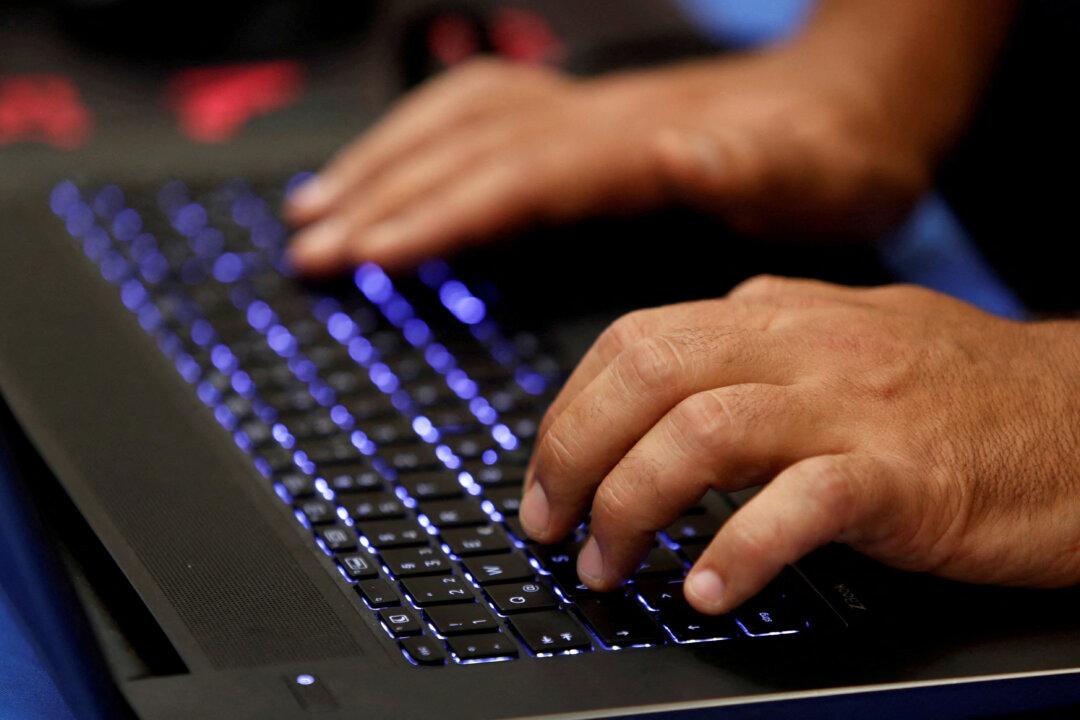A federal grand jury in Los Angeles has charged two Sudanese nationals Oct. 16 with operating and controlling an online cybercriminal group allegedly responsible for thousands of attacks against critical infrastructure, corporate networks, hospitals, and government agencies, the U.S. Attorney’s Office announced.
In March, authorities in Los Angeles and the FBI disabled the powerful Distributed Denial of Service (DDoS) tool that the group, Anonymous Sudan, was using in the attacks.





